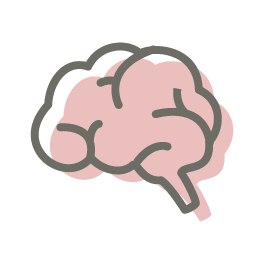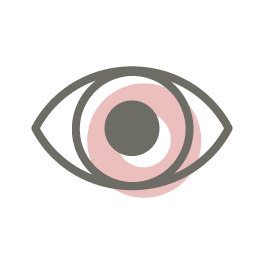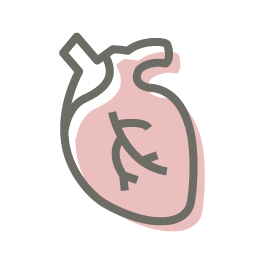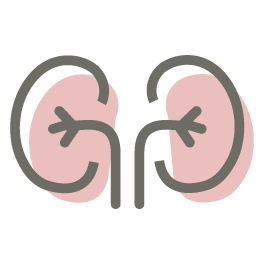Published: February 19, 2020
Monitoring and managing your blood pressure is one of the best ways to help your heart health
High blood pressure is sometimes called the “silent killer” because it doesn’t typically have symptoms. Left untreated, it can lead to serious health issues including heart attack and stroke.
Fortunately, there’s a simple way to prevent blood pressure-related complications from sneaking up on you: Check your blood pressure regularly and discuss the results with your doctor. Investing in a blood pressure device for home use is ideal to check your level between doctor’s visits. You can also check your blood pressure at your local pharmacy, where devices are located in waiting areas.

Know Your Numbers
Blood pressure readings have two numbers—systolic (the top number) and diastolic (the bottom number). The systolic numbers mark the force of blood against artery walls when your heart is beating, while the diastolic numbers mark when your heart is resting between beats. The American Heart Association and the American College of Cardiology (AHA/ACC) define a normal blood pressure reading as below 120/80.
Defining Hypertension
In 2017, the American Heart Association and the American College of Cardiology changed the definition of high blood pressure, also known as hypertension, from 140/90 and above to 130/80 and above. Having high blood pressure makes your heart work harder to pump blood to the rest of your body—and that puts you at risk for problems like heart attack and stroke.
This change in definition gives your doctor a chance to start your treatment earlier and to decrease your health risk.
How Often Should You Get Screened?
If your last blood pressure reading was below 120/80, get screened at least every one or two years, depending on your age and risk factors. If your last reading was higher than normal, your doctor may want to check your pressure more often.
Create a Treatment Plan
If your blood pressure is above normal, your doctor can help you develop a treatment plan, which typically involves a combination of medications and lifestyle changes. If your doctor prescribes medication, be sure to discuss any over-the-counter and prescription drugs you’re currently taking and take all medications as directed by your doctor. Keep in mind it may take time to get used to new medications. If you’re having side effects or not feeling well, talk with your doctor about adjusting your plan. It’s important to figure out what works for you, since you’ll likely be managing your blood pressure for life.
Healthy lifestyle strategies that can make a difference include:
-
Choosing a heart-healthy diet, such as DASH (Dietary Approaches to Stop Hypertension). This means plenty of fruits, veggies, whole grains, low-fat dairy, skinless poultry and fish, nuts, and nontropical vegetable oils. Cut back on salt, saturated and trans fats, red meat, and sweetened drinks and treats.
-
Limiting alcohol. Men should have no more than two drinks and women should have no more than one drink each day.
-
Quitting smoking, which is a major risk factor for heart attack and stroke.
-
Exercising. Aim to be active for 30 minutes a day, five or more days a week. Stay motivated by mixing up your activities.
-
Working toward a healthy weight. If you’re overweight, shedding just 5 to 10 pounds can help your blood pressure.
-
Managing stress. Try meditating, exercising, starting a relaxing hobby, showing gratitude and maintaining a positive outlook. A good attitude is more important than you might think. A 2019 study found that optimism was associated with a lower risk of cardiovascular events, including heart attacks. The study also found that pessimism was linked to a higher risk of cardiovascular events.
Other studies suggest having a positive attitude may help lower heart attack risk and lead to better outcomes in people who have cardiovascular disease.
In addition to monitoring your blood pressure, keep an eye on your cholesterol, blood sugar level and body mass index. Talk with your doctor about screenings recommended for your individual health needs and how you can achieve and maintain healthy levels.
Each of these steps will put you on the road to better heart health.
How High Blood Pressure Impacts the Body
Over time, uncontrolled high blood pressure (HBP) can affect many areas of the body

Brain
HBP is a major risk factor for stroke, which occurs when blood vessels to the brain become clogged or burst.

Eyes
HBP can damage blood vessels and nerve cells and cause fluid to build up under the retina—which can result in vision loss.

Heart
HBP raises the rise of heart attack and heart failure.

Kidneys
HBP may interfere with kidney function and lead to kidney disease or failure.

Peripheral Arteries
HBP can cause peripheral artery disease—a narrowing of the arteries in the legs, arms, stomach and head.
Sources: American Heart Association, Centers for Disease Control and Prevention, Harvard Health Publishing, Mayo Clinic
